
India is a land of rich heritage and culture, and the University Grants Commission (UGC) has proposed introducing courses that showcase this diversity to attract international students. The UGC has issued draft guidelines for higher educational institutions to offer short-term modular programs on various aspects of Indian culture, including Vedic mathematics, yoga, ayurveda, Sanskrit, Indian literature, sculpture, music, dance forms, and more.
These programs will be credit-based and multi-tiered, allowing participants to enter and exit at various stages. The course offerings will encompass a wide range of topics, such as Universal Human Values, Vedic Maths, Yoga, Ayurveda, Sanskrit, Indian Languages, various religious sites and monuments located in the Indian subcontinent, Indian Literature, Indian Sculpture, Indian Music and Dance Forms, Drama, Visual Arts, Performing Arts, Crafts and Craftsmanship, Inscriptions, Rituals, Cultural Heritage, and the Indian Knowledge System, among others.
Different teaching-learning mediums and techniques will be used to maximise student engagement and enhance the learning experience. They are:
The course can be completely designed by the HEI as per UGC guidelines. For example, under Indian Music and Dance Forms, a course on Sopana Sangeetham, a music form unique to Kerala, can be offered by a college in Kerala, as it would be giving this music its due recognition.Course curricula can include its origins, history, artists, instruments, traditions, and rules, including all these teaching-learning methods.
Faculty members of various Departments will be roped in to teach this kind of multi and transdisciplinary programmes. The libraries, institutions and experts of the relevant disciplines are to be included in the excursion.
The guidelines also state that these courses will be taught by faculty members from various departments and that the excursion will include libraries, institutions, and experts from relevant disciplines.
Individuals with an interest in Indian heritage and knowledge systems from different countries are eligible to enrol in courses aimed at acquiring such knowledge. The concerned University/Institution offering these courses may specify particular eligibility criteria.
The courses will be offered at three levels: introductory, intermediate, and advanced, and eligibility criteria will be established by the university or institution offering the courses. With a hybrid mode of learning, each program is set to have 60 hours, and the respective institutions will have to create the curriculum.
Credits obtained through these programs will be acknowledged through the credit transfer system by any Higher Educational Institution (HEI) with relevant modifications via the Academic Bank of Credit (ABC). The credits can be accumulated or redeemed towards academic certification as per the UGC guidelines. However, the HEIs will decide the required credits, educational components, and learning outcomes at the necessary level.
Upon completing each level of the course successfully, learners will receive certificates specified by the Higher Educational Institutions. These certificates will be provided in digital format through the National Academic Depository (NAD) of the Government of India.
The UGC’s move to introduce courses on Indian heritage and culture is in line with the National Education Policy 2020, which emphasises the importance of Indian knowledge systems and culture. Institutions like Delhi University have already started offering courses on Vedic mathematics, ethics, and values in ancient Indian traditions, yoga, ayurveda, and nutrition, among others.
By offering such programs, India hopes to showcase its rich cultural heritage to the world and attract international students who are interested in learning about it. This initiative is also expected to help bridge the gap between the Indian education system and the rest of the world.
Join us for FREE to get instant email updates!
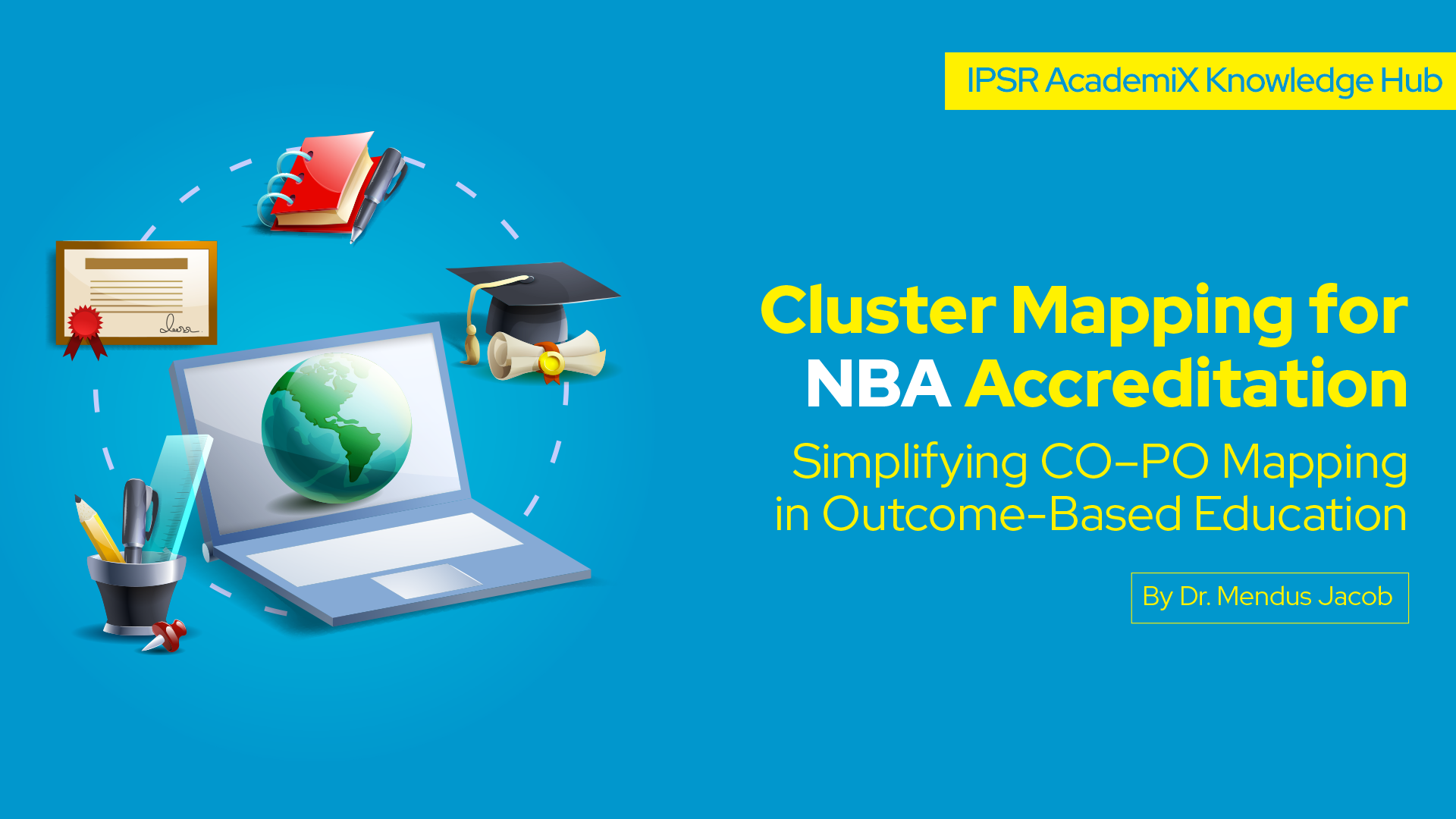
Simplifying CO–PO Mapping in Outcome-Based Education Accreditation by the National […]
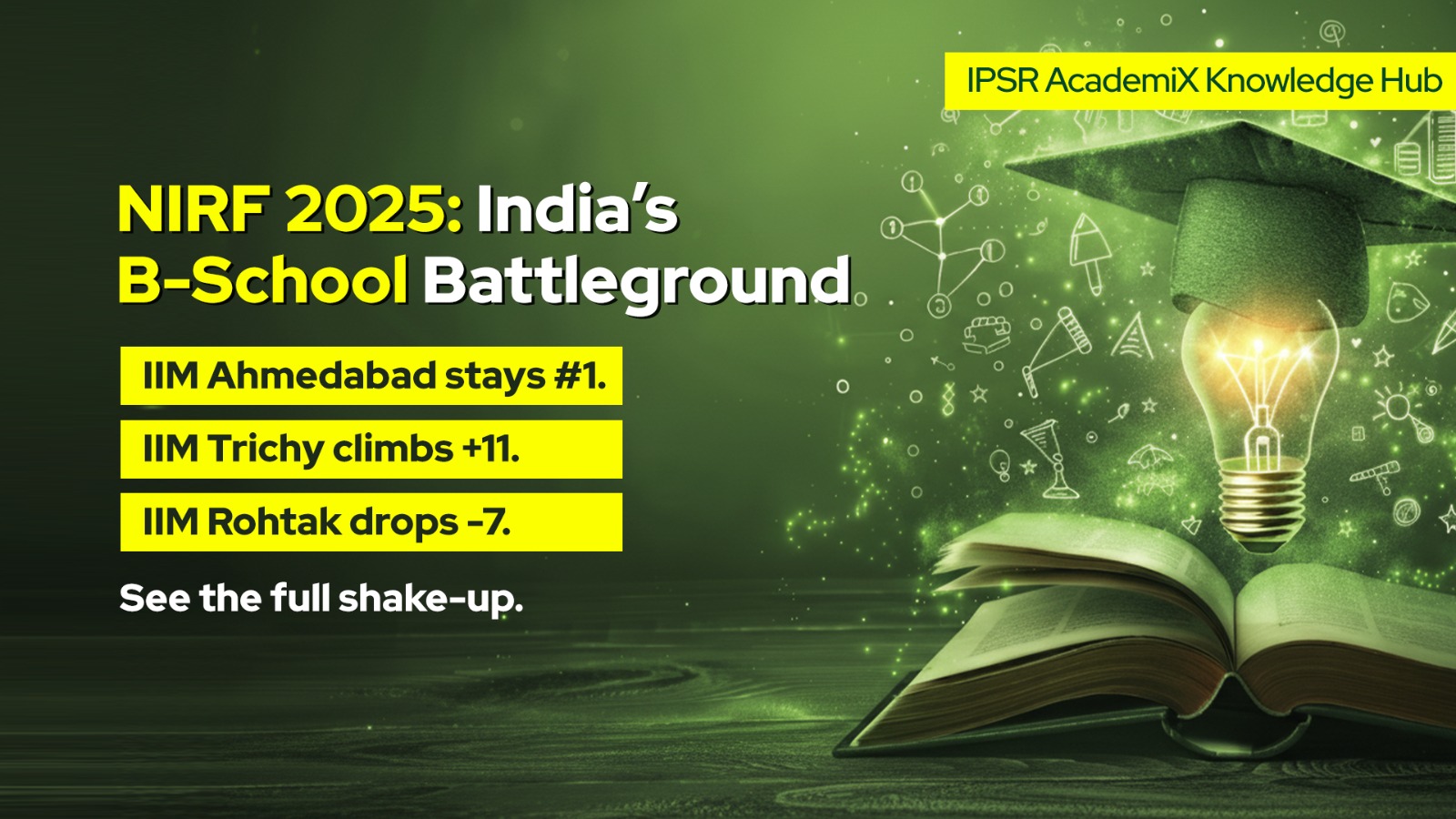
The National Institutional Ranking Framework (NIRF) 2025 results are out, […]
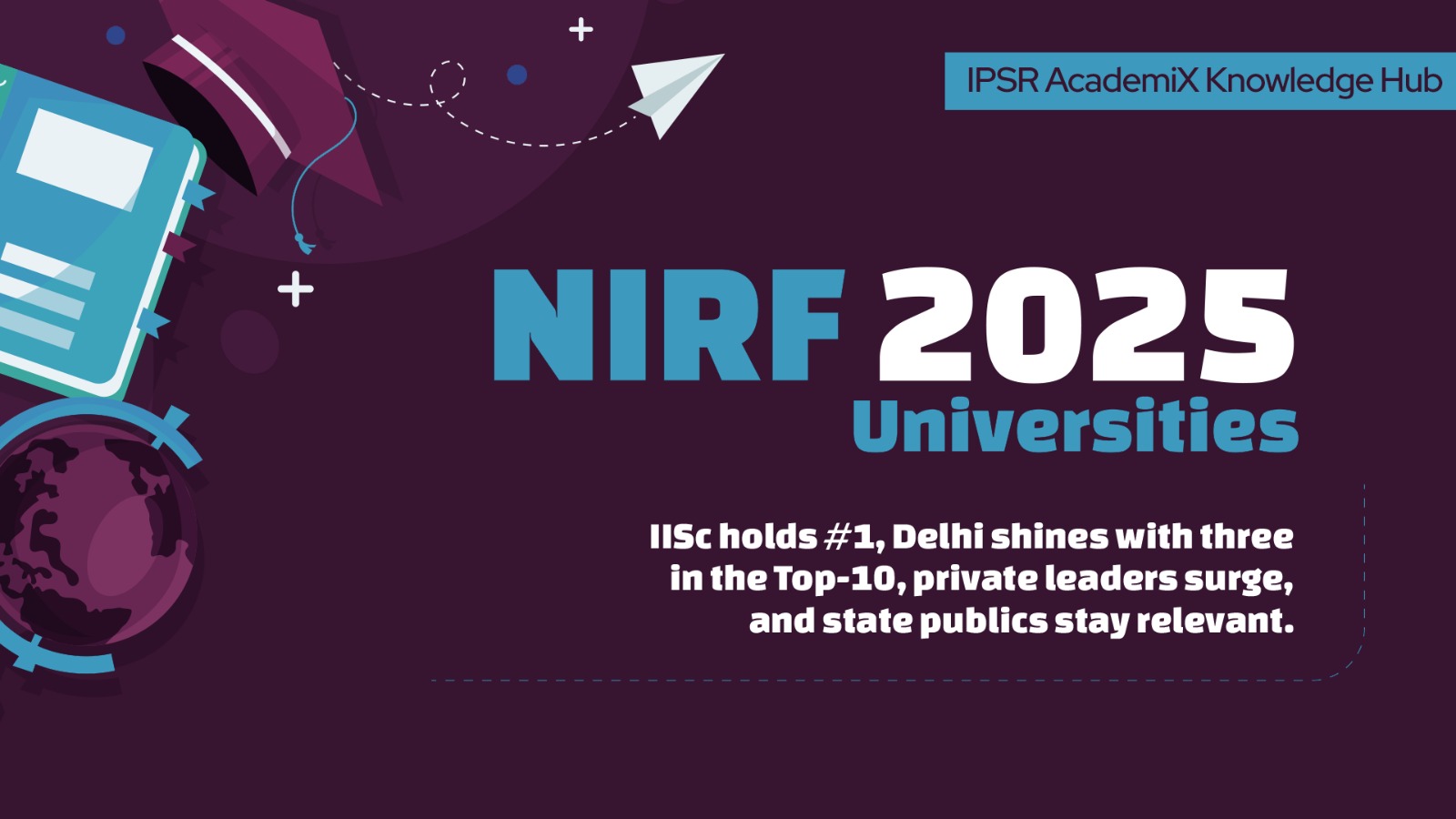
What the Top 100 Rankings Reveal About India’s Universities The […]
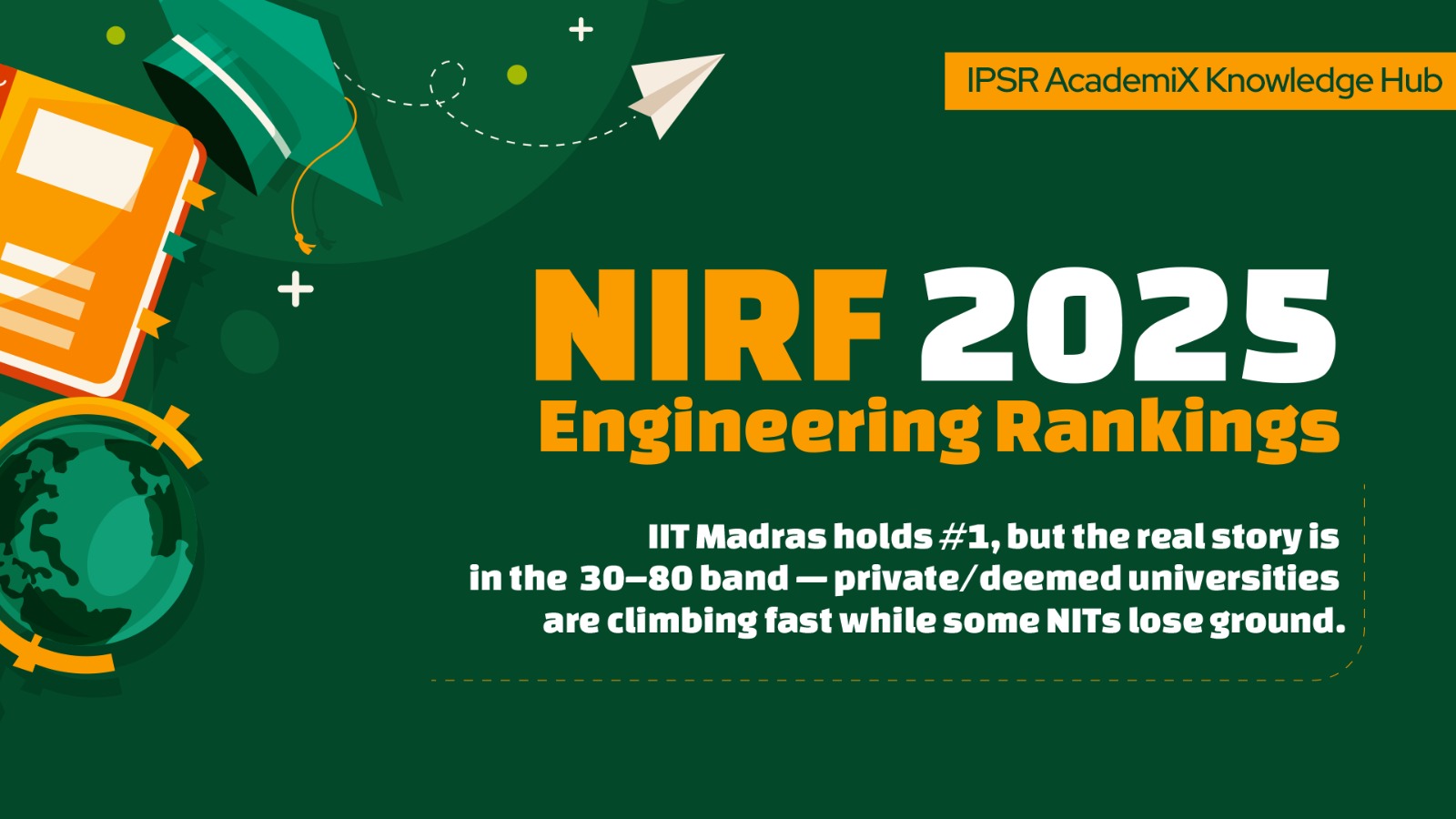
Exploring patterns, trends, and the evolving landscape of technical education […]
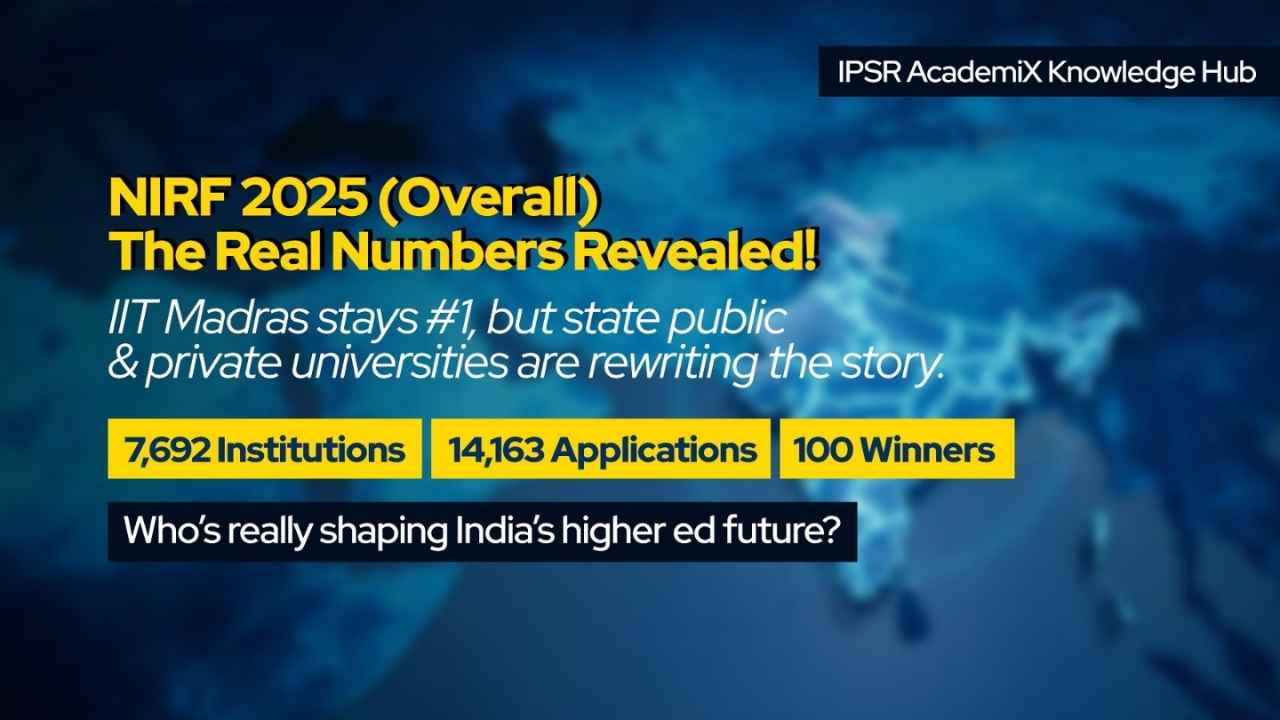
Release date: September 4, 2025 Source: NIRF portal’s Overall Top-100 […]
Leave A Comment